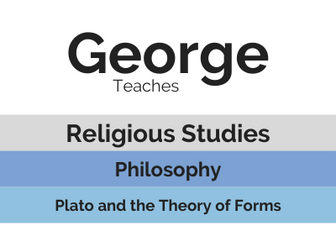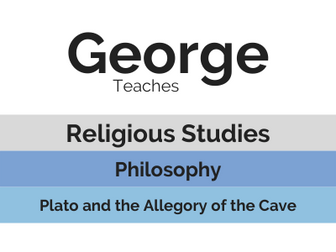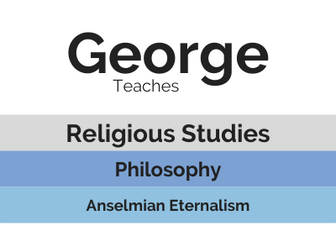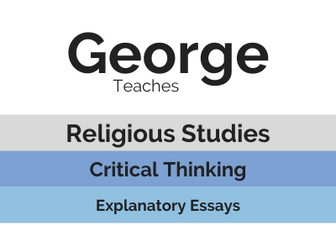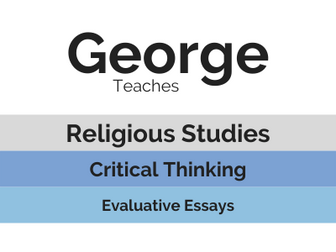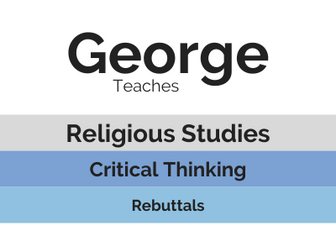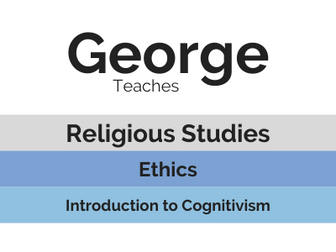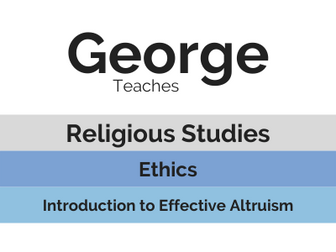Philosophy: Plato and the Theory of Forms
<p><strong>Click the link <a href="https://religious-studies.simplerosites.com/" target="_blank" rel="nofollow">here</a> to discover more free lessons or to subscribe.</strong></p>
<p>First and foremost, Plato’s theory of Forms is a theory, but it’s hotly debated because he never systematically outlined it. Plato divulged the theory of Forms in a piecemeal fashion, scattering references throughout his works (e.g. Meno, the Phaedo, and the Republic) whenever the need arose. Consequently, scholars of Plato have to follow a trail of breadcrumbs to reconstruct his theory. This lesson covers what the theory is, how it works, and why it’s important.</p>
<p><strong>Click the link <a href="https://prezi.com/view/DSS3uhBzLCZz6Xm0eRSl/" target="_blank" rel="nofollow">here</a> to access the lesson Prezi presentation.</strong></p>
